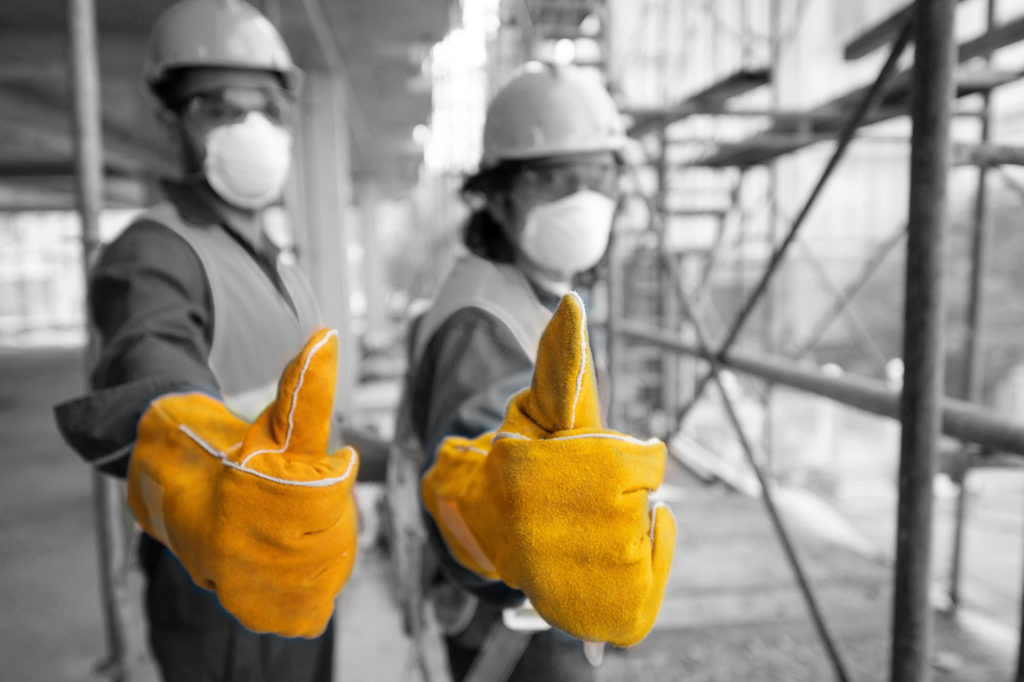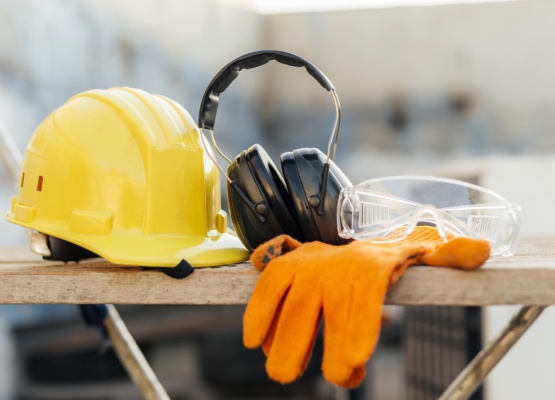
Top Industries
Quick Links
Subscribe Now
Join Thousands of Industry Leaders!
Copyright © 2025 Companies in UAE. All rights reserved.
June 16, 2025
companies.uae

In the high-stakes world of construction—particularly in the oil-rich settings of Abu Dhabi and Dubai—Health, Safety, and Environmental (HSE) rules are lifelines rather than only legal checks. Whether your position in the busy oil and gas construction businesses in Dubai is site engineer, investor, or project manager, a rock-solid HSE strategy can make all the difference between flawless execution and disastrous delays.
The UAE’s dual identity—ultramodern innovation matched with rigorous regulatory control—makes it especially intriguing. This is more obvious nowhere than in the building rules of Abu Dhabi. But how do these relate to real safety precautions? More significantly, then, how do top oil and gas construction firms in Dubai meet or exceed these standards?
Let’s explore a thorough, strategic, and practical guide covering not only what HSE policies should include but also how to apply them to lead the sector.
HSE practices are much shaped by the Environment, Health and Safety Management System (EHSMS) of Abu Dhabi Department of Energy. Compliance with EHSMS, ADNOC rules of practice, and UAE Federal Laws is non-negotiable for building companies—especially those running in oil and gas zones.
These laws center on:
Dubai’s oil and gas construction companies may operate across both emirates, hence it is crucial to keep HSE policies flexible yet consistent. Projects can call for volatile chemicals, high-pressure systems, distant sites—risk concerns that call for extra care.
Forward-looking businesses are employing artificial intelligence and predictive safety analytics to forecast possible risks by means of pattern analysis of near-miss data and site activity. In complicated oil and gas building areas especially this is quite successful.
From GPS-enabled vests to sensors incorporated into helmets, wearable safety gear is simplifying monitoring worker vitals and position in real-time—vital in large oil fields or offshore sites.
Environmental, Social, and Governance (ESG) goals are now blending with HSE goals. Many of Dubai’s leading oil and gas construction businesses have KPIs that gauge sustainability as well as safety.
Although the general structure is controlled at the emirate level, businesses running between Abu Dhabi and Dubai have to use a dual compliance approach. Among other things, some revelations are:
Dubai: More innovatively driven, stressing modular construction safety requirements and digital HSE solutions.
In essence, safety is a competitive advantage rather than only a policy. Particularly in the oil and gas sectors of Dubai and Abu Dhabi, a well-written HSE policy is not only about compliance but also about leadership, reputation, and long-term viability in the competitive and highly regulated construction market of today.
HSE is a differentiator used by forward-looking businesses not only to land contracts but also to establish confidence among stakeholders, draw worldwide partners, and future-proof their operations against the unanticipated.
Investing in your HSE framework is the best basis you can create whether you are starting a niche engineering company or managing a worldwide operation.
Ready to take front stage in security? Review your HSE policy today first, then use it as your success’s road map.
Discover essential HSE policy strategies for Abu Dhabi construction companies with expert insights tailored to oil and gas construction firms in Dubai. Ensure compliance, safety, and sustainability with this strategic guide.

Join Thousands of Industry Leaders!
Copyright © 2025 Companies in UAE. All rights reserved.